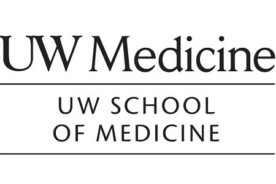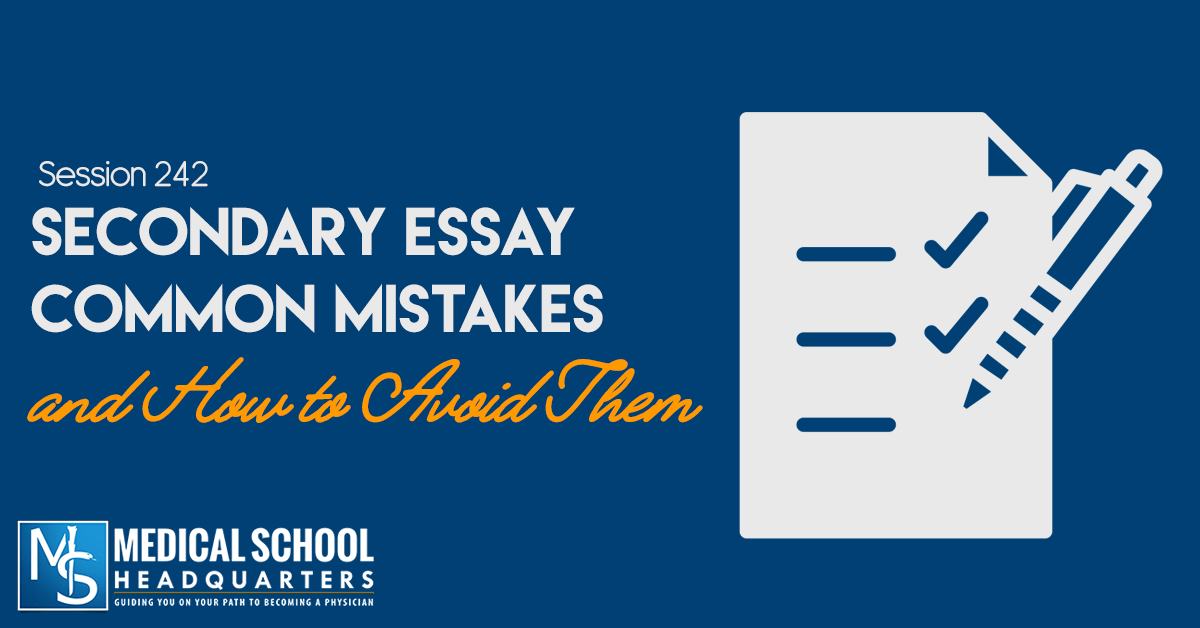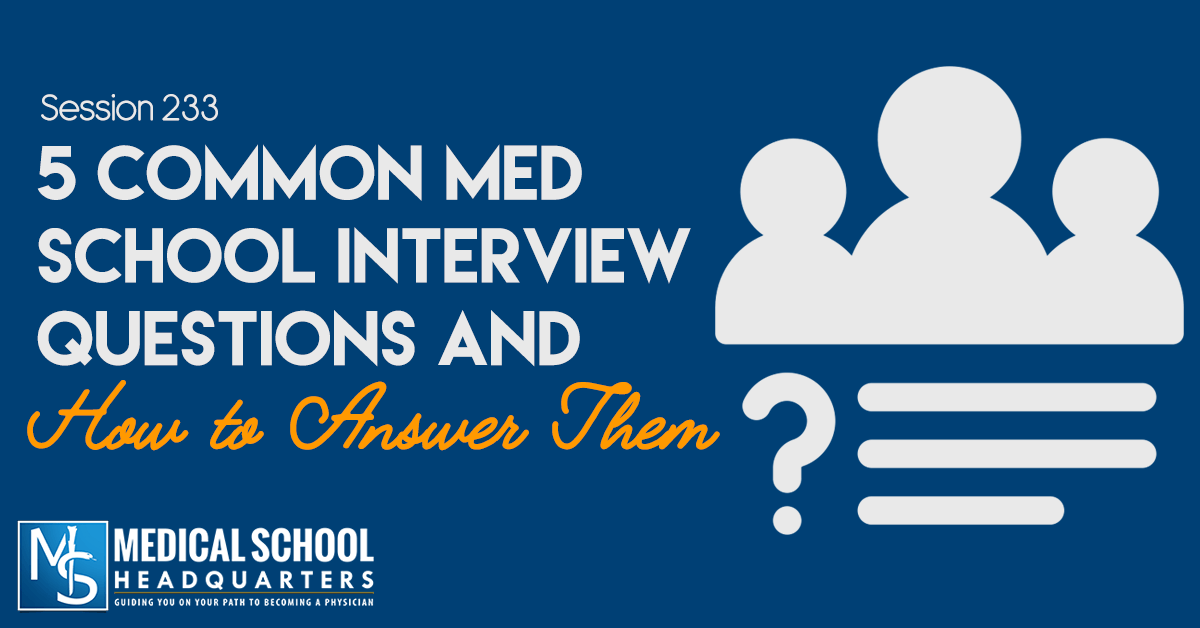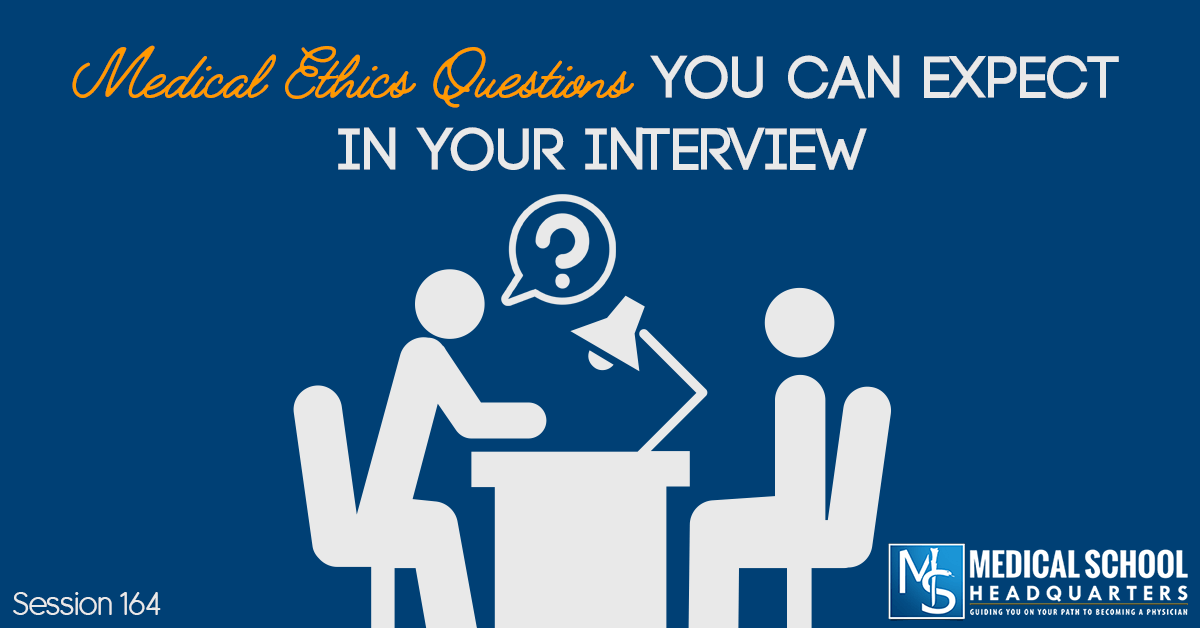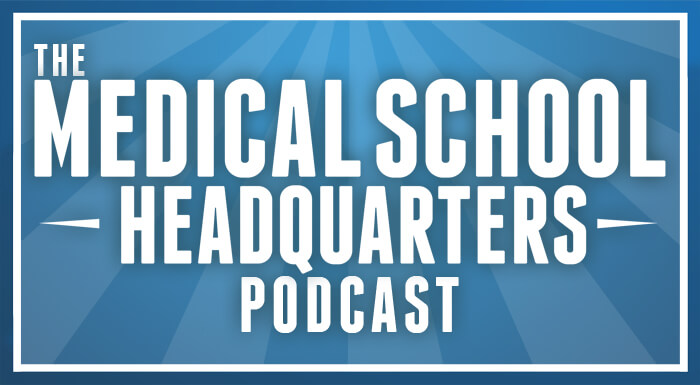University of Washington Secondary Essay Prompts
(If you have updated prompts, please submit them at updatesecondaries.com)
Prompts have been updated November 2023. (Older essays, if available are below)
Prompts:
-
How have societal inequities in the U.S. affected you or people you have worked with? (250 words)
- The UWSOM aims to build a diverse class of students to enrich the field of medicine. What perspectives, identities, and/or qualities would you bring? (250 words)
- What obstacles have you experienced and how have you overcome them? (250 words)
- Describe your competency by explaining how you have explored and come to understand issues in the social sciences and humanities as they relate to the practice of medicine. (250 words)
- For re-applicants: From your most recent application until now, how have you strengthened your application? (250 words)
- For Wyoming applicants: Describe your experiences in Wyoming that have influenced and/or informed your decision to pursue a medical career? (250 words)
Primary Deadline: Usually around Oct 15th
Secondary Deadline: Usually around Dec 1st
Secondary Fee: $35
FAP Waiver: Full Fee Waived
Casper Required: Yes
PREview Required: No
Screens Applications: Yes
Accepts Application Updates: No
University of Washington School of Medicine Mission:
The University of Washington School of Medicine is dedicated to improving the general health and well-being of the public. In pursuit of its goals, the School is committed to excellence in biomedical education, research and healthcare. The School is also dedicated to ethical conduct in all activities. As the pre-eminent academic medical center in our region and as a national leader in biomedical research, we place special emphasis on educating and training physicians, scientists and allied health professionals dedicated to three distinct goals:
- Meeting the healthcare needs of our region, especially by recognizing the importance of primary care and providing service to underserved populations
- Advancing knowledge
- Assuming leadership in the biomedical sciences and in academic medicine
The School works with public and private agencies to improve healthcare and advance knowledge in medicine and related fields of inquiry. It acknowledges a special responsibility to the people in the states of Washington, Wyoming, Alaska, Montana and Idaho, who have joined with it in a unique regional partnership. The School is committed to building and sustaining a diverse academic community of faculty, staff, fellows, residents and students and to assuring that access to education and training is open to learners from all segments of society, acknowledging a particular responsibility to the diverse populations within our region.
University of Washington School of Medicine Values:
The School values diversity and inclusion and is committed to building and sustaining an academic community in which teachers, researchers and learners achieve the knowledge, skills and attitudes that value and embrace inclusiveness, equity and awareness as a way to unleash creativity and innovation.
Older Essays:
- We recognize that the world has changed significantly due to the global pandemic. Please share how COVID-19 has impacted you, your family, your community, and/or the patients that you would like to serve.
- How have societal inequities in the U.S. affected you or patients you’ve worked with?
- What perspectives or experiences do you bring that would enrich the class?
- What obstacles have you experienced and how have you overcome them?
-
